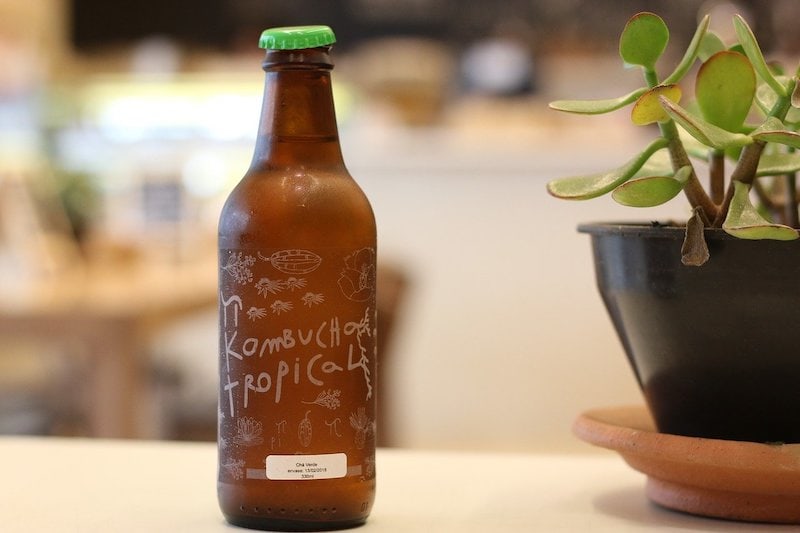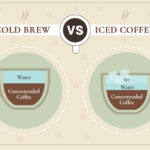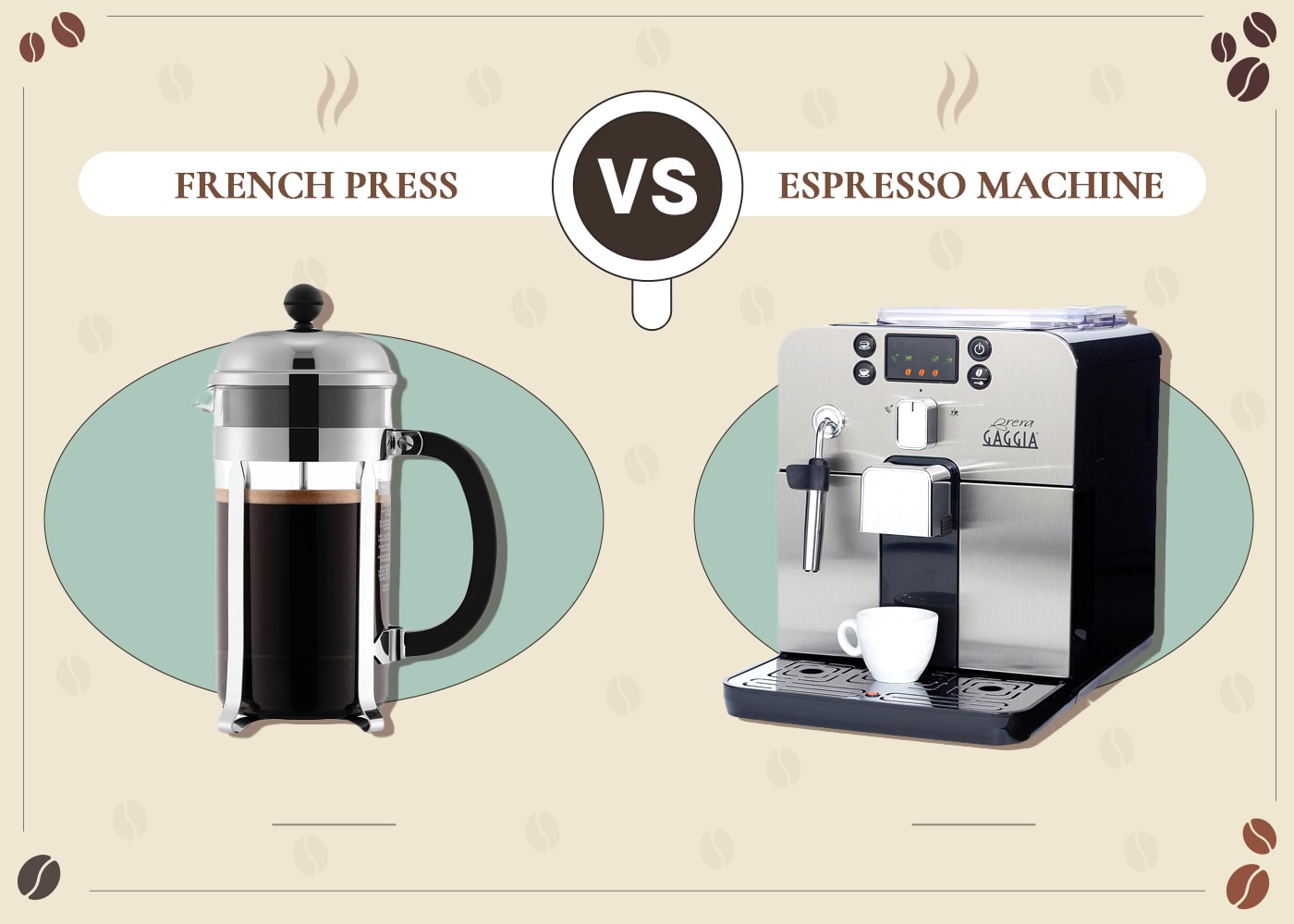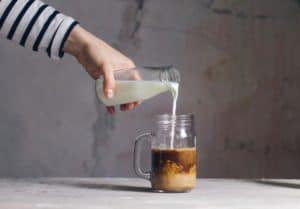
With so many cool drinks hitting the market, it’s hard to keep up with the incredible variety. One that you may be hearing a lot about is kombucha. If you aren’t familiar with this drink that many are raving about, you may be wondering if it’s something you should try. Known as a sparkling fermented tea, kombucha dates back to ancient China but is finding new, revitalized popularity today thanks to promises of it being packed with healthy benefits.
For many of us, it’s important to know what’s in a drink before we grab one and take a big sip. If you’re watching your caffeine levels, you may be curious about how much caffeine is in kombucha. Surprisingly, there is a minimal amount of caffeine in this drink. In one 8-ounce cup of kombucha, you should expect to average around 10 to 15mg of caffeine. This is great for people with intolerances or who are actively avoiding too much caffeine in their diet.
Let’s take a look at the amount of caffeine in kombucha, why it is there, and a bit more about this popular drink. Then you can decide if you want to run out and grab one to try for yourself.
What Is Kombucha?
As we said, kombucha can be dated back to ancient China. This tasty drink is made using tea leaves. Green and black tea leaves seem to be the most popular choice when it comes to making kombucha. You’ll also find it includes sugar and particular strains of bacteria and yeast. Once all these ingredients are combined, the fermentation process begins. This is where the mixture sits for several weeks and a mushroom-like film covers the top. Fermentation adds more to the mixture after the process is finished including alcohol, acetic acid, and carbon dioxide. You can find kombucha sold both as an alcoholic and non-alcoholic drink.

The Amount of Caffeine in Kombucha
We all know that (non-herbal) tea has caffeine. It’s one of the many reasons people drink it daily. Some types of tea contain more caffeine than others. At this point, you’re probably asking yourself how kombucha can have lower levels of caffeine than the tea it is made from. There are several reasons this occurs when making kombucha. Let’s take a look at them below.
Steeping the Leaves
The longer tea leaves are steeped in hot liquid, the more caffeine will steep into the water. If you enjoy a strong tea, most likely you’ll be enjoying one with more caffeine in it than tea with one steep.
The Fermentation Process
Fermentation is when the tea is broken down by bacteria and yeast. During this process, the caffeine is naturally broken down. This leaves the final product, kombucha, with far less caffeine than the original tea leaves.
Added Caffeine Content
If you choose store-bought kombucha there could be added caffeine included in your drink. Other ingredients have their own caffeine content and can affect the total amount in your final drink. Always check the ingredients to know what additives have been included.

The Benefits of Kombucha
Kombucha has risen in popularity due to the hopes it provides us with health benefits while tasting great. Let’s learn more about them to help you decide whether kombucha is a drink for you.
Probiotics
While research is still being done, most kombucha beverages are advertised as containing probiotics, which are great for gut health and digestion.
Antioxidants
Kombucha made from green tea leaves includes antioxidants. Antioxidants can fight radicals that cause damage to the body’s cells. In studies using rats, kombucha drank regularly helped combat liver toxicity.
Lower Blood Sugar
In other laboratory tests, when given to diabetic rats, kombucha had the ability to reduce the digestion of carbs. This also helped lower blood sugar levels.
In Conclusion
If you’re new to kombucha or debating whether you’re ready to try this fermented tea drink, knowing more about it may help you decide. If you’re concerned with the levels of caffeine inside, you shouldn’t be. There is far less caffeine in kombucha than in a normal cup of tea, just 10 to 15 mg. Now’s the time to try something new. Grab yourself a kombucha and enjoy!
See Also:
Featured Image Credit: Sunvic, Shutterstock















